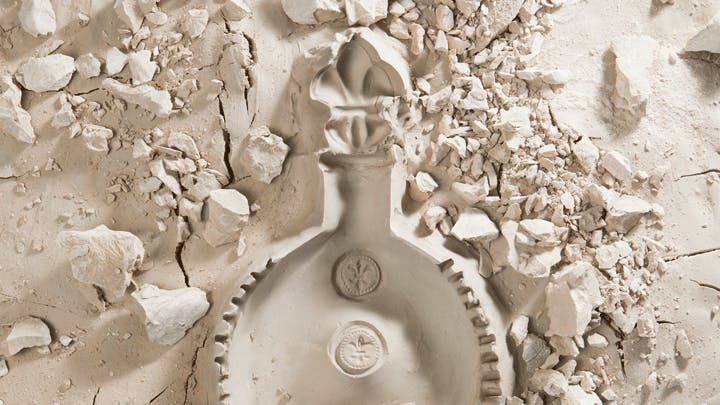Reducing the carbon footprint through eco-design
In the past two years, the Group has been implementing practical and speedy measures to reduce the environmental impact of its packaging, which accounted for 35% of its carbon emissions in 2020. The aim is to eco-design 100% of its products by 2025. To that end, the packaging development teams apply the 5R method: reduce, reuse, recycle, respect, rethink. Whenever possible, the Group’s brands reduce the weight of glass in their bottles and use recycled materials in their new packaging, which in turn reduces the carbon emissions of their production and transport methods.
At Group level, Rémy Cointreau has developed the Environmental Performance Index (EPI). With this comprehensive tool, packaging engineers can accurately gauge the environmental footprint of each package. This makes it possible not only to identify the most virtuous products and those that require innovation, but also to address the concerns of customers who want to steer clear of over-packaging and heavy packaging.
In addition to working on products that require innovation, the Group is perfecting existing packaging. This year, Adelphe assessed the packaging of Cointreau products to optimise every detail.
This approach demonstrates Rémy Cointreau’s determination to continue to make progress in this regard and to produce with ever greater mindfulness.
The innovations are not always technical in nature, and sometimes involve "simply" removing the packaging. As such, a significant portion of the Rémy Martin range discontinued its gift boxes during 2020/2021, in particular bottles intended for the US market. Since February 2021, Bruichladdich has also been running the "Go one tin lighter" campaign, giving customers the option to buy bottles that don’t come in a tin. Initially, the distillery is targeting 5,000 bottles sold without a tin, followed by 10,000. At the same time, the online store offers fully cardboard packaging. To best support these changes, the site now has a packaging development manager tasked with designing and improving product packaging to minimise the environmental impact. This drive also led to the St-Rémy Signature bottle being sold without a case in 2020, as a bare bottle, which is different from previous editions.

